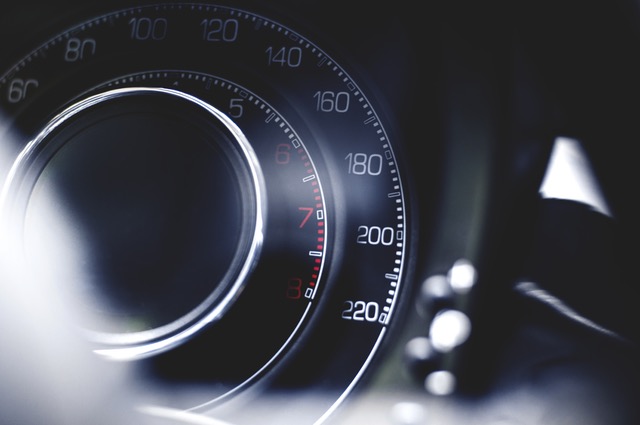Diesel and gasoline, they are two main fuels that keep vehicles running. While they come from two sources, you can’t interchangeably use them. Because they have different chemical properties, cars utilize them in a variety of ways. The following is a quick overview of their differences.
Both fuels use crude oil, but they have different molecular structures. This happens because the fuel is extracted from various temperatures during the refining process.
Gasoline Engines
Besides that, the difference between the two is how they’re burned to make energy for your vehicle. Cars that need this use spark plugs to ignite the fuel because they work with a moderately low compression ratio. The following is how they’re powered.
-Air and gasoline are blended and applied to the cylinder as air/gas is compressed.
-As the spark plug is fired, the solution explodes which forces the piston up to offer your car energy.
-The burned solution is pushed out the exhaust.
Diesel Engines
Engines using diesel don’t need spark plugs because they have higher compression ratios. As taught in chemistry classes, when gas is compressed, its temperature increases causing heat production which fuels the car.
-Forced into the cylinder is air, and it is compressed.
-The diesel is then ignited due to the compression, and it moves the piston upwards giving the car the energy it needs.
-The mixture that’s burned is then pushed out of the exhaust.
If you ask us, diesel tends to have a better gas mileage than regular gas because of its high density. That being said, diesel engines tend to be more efficient.

